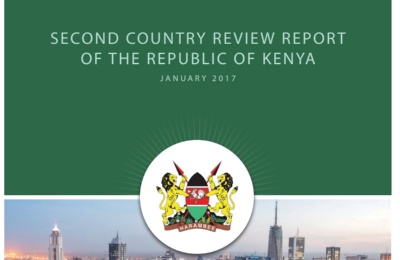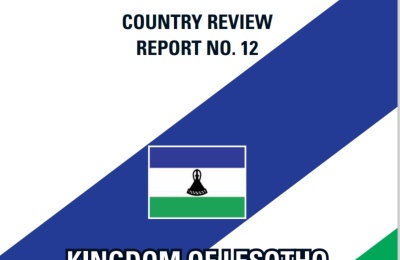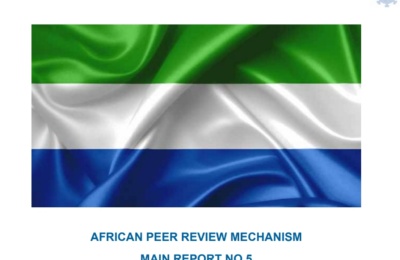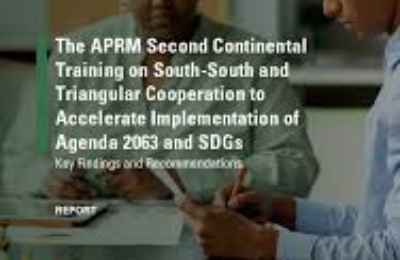NAMIBIA COUNTRY REVIEW REPORT KEY HIGHLIGHTS
NAMIBIA COUNTRY REVIEW REPORT KEY HIGHLIGHTS
NAMIBIA COUNTRY REVIEW REPORT KEY HIGHLIGHTS
Publication date:
21 July 2025
The primary purpose of the APRM is to foster the adoption of policies, standards and practices leading to political stability, high economic growth, sustainable development and accelerated regional and continental economic integration
The APRM’s governance review assessments are conducted in relation to the values, codes, standards and norms enshrined in the Abuja Declaration on Democracy, Political, Economic and Corporate Governance adopted on 9 March 2003 in Abuja, Nigeria, as well as the African Charter on Democracy, Elections and Governance (ACDEG).
The APRM process in Namibia took into account the historical framework and governance reality of the country, as summarised in the historical background, and reviewed the following four thematic areas:
• Democratic and Political Governance
• Economic Management and Governance
• Corporate Governance; and
• Socio-economic Development.
Namibia acceded to the APRM at the APR Forum of Heads of State and Government meeting of 28 January 2017, held in Addis Ababa, Ethiopia, as the 36th APRM Member State. At accession, H.E. Dr Hage G. Geingob, President of the Republic of Namibia, stated his support for the APRM as a process that plays a pivotal role in enabling Africa to achieve the noble Aspirations and Developmental Goals of Agenda 2063 and its First-Ten Year Implementation Plan.
Collection:
Country review reportsLanguage: English
Last update
21/07/2025, 09:52
 APRM Knowledge Hub
APRM Knowledge Hub










